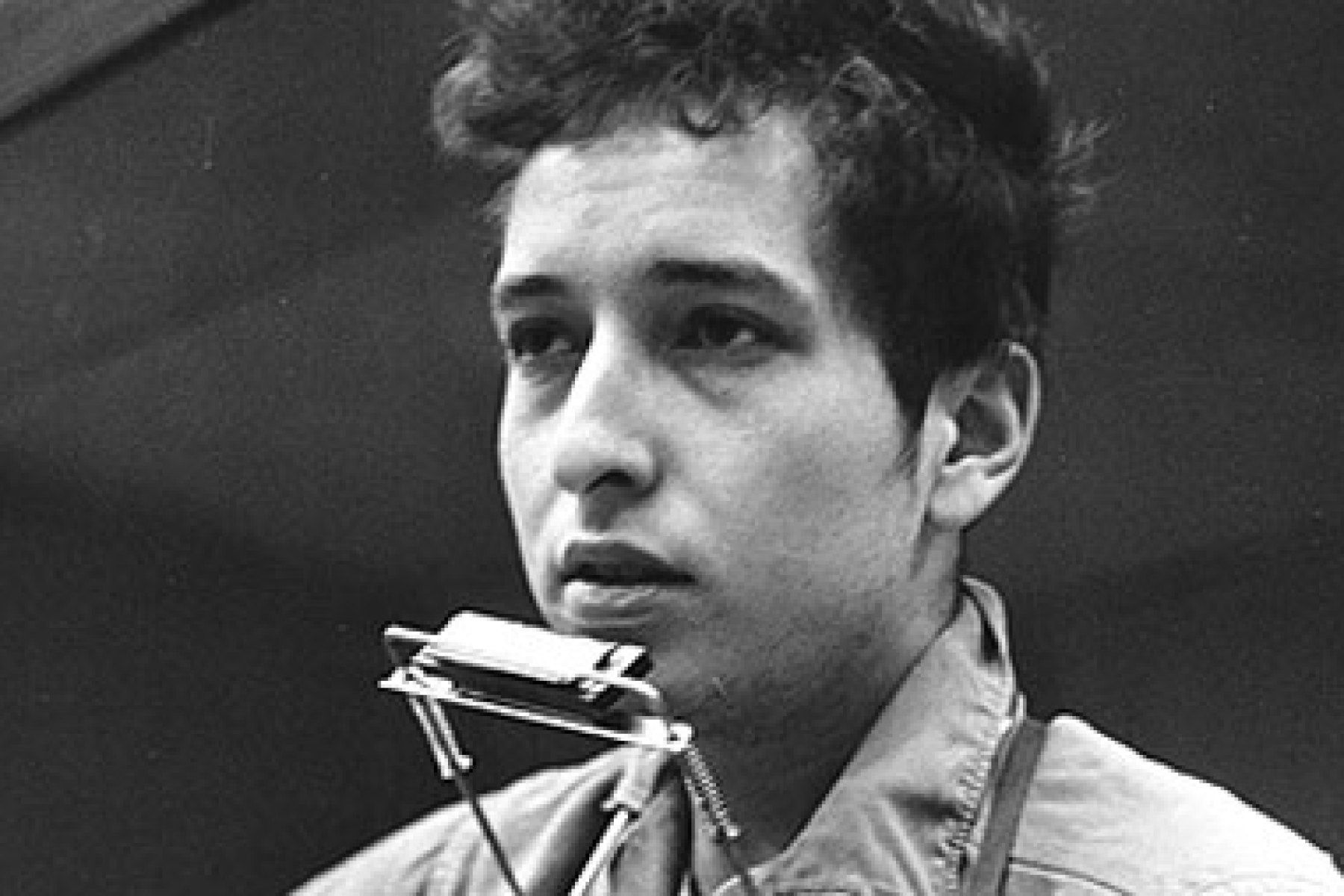Muhammad Ali: 4 Ways He Changed America
W ithout question, Muhammad Ali (who died on June 3rd, 2016) transformed the planet of sports. Winning the heavyweight title 3 x — you start with his shocking upset of Sonny Liston in 1964, which made him the youngest boxer to unseat an incumbent heavyweight champion — Ali is known as, alongside Joe Louis and Sugar Ray Robinson, among the best boxers ever to enter a ring. Though his pugilistic style was unorthodox and an affront to boxing purists at that time, his dazzling mix of speed and power revolutionized the activity, & most boxing observers have finally come to trust Ali’s longtime boast he was “THE BEST ever.”
But while his achievements in the ring could have earned him the title of Sports Illustrated‘s “Sportsman of the Century” in 1999, it had been really Ali’s appeal beyond your arena that made him possibly the most recognizable and beloved figure on earth. Apart from Jackie Robinson, who shattered baseball’s racial barrier in 1947, no-one can rival his impact as a transcendent 20th Century American sports figure. The only real things quicker than his fists and feet were his mind and mouth: Speaking truth to power, the loquacious Ali said things in a confrontational, even “arrogant” manner that mainstream America had not been yet ready to hear, especially appearing out of the mouth of a black man.
Expressing himself with force and forthrightness — not forgetting no little bit of charm and charisma — Ali became a magnetic symbol of dignity and self-determination to many generations of African-Americans, a titan worth the honorific “individuals’s Champ.” Listed below are four ways his legacy helped shape modern America:
Introducing “Black Power” to White America
Four years before James Brown recorded “Say It Loud — I’m Black and I’m Proud” in 1968, and 2 yrs before Adam Clayton Powell Jr. and Stokely Carmichael first used the word “Black Power” within weeks of every other in the spring of 1966, Ali had end up being the physical manifestation of the idea. Soon after defeating Liston on February 25th, 1964, the brand new heavyweight champion announced he was changing his given “slave name” of Cassius Clay to Muhammad Ali, one chosen for him by Elijah Muhammad’s black-separatist sect the country of Islam. Many sportswriters (and also a few of Ali’s boxing rivals) refused to handle him by his new name, continuing to call him Cassius Clay. “I understand where I’m going and I understand the reality and I don’t need to be what you would like me to be,” Ali said at his first post-championship press conference. “I’m absolve to be what I’d like.”
In the months and years that followed, Ali transformed himself from being only a boxing champ to a champion of his people, speaking out against injustice and racial inequality. He was frequently misunderstood by the media, which at that time was almost exclusively white (instead of just overwhelmingly so today). At the height of the Civil Rights era, his embrace of the country of Islam’s rejection of racial integration was seen by many as yet another type of bigotry — the NOI was considerably feared at that time and targeted by the FBI — and through the entire rest of his life he was called to become an ambassador for his religion as essentially the most famous Muslim American ever sold, apart from perhaps his mentor Malcolm X.
Ali left the NOI for the more mainstream Sunni Islam in 1975, devoting a lot of his later life to charitable work. After 9/11, he spoke out contrary to the terrorist attacks: “That basically hurt me, because Islam is peace and isn’t violent,” he said. “The few that these exact things make the religion all together look bad.” His commitment to freedom of speech and of religion truly embodied the constitutional freedoms our Founding Fathers proscribed, something made a lot more resonant by our current political climate of dangerous demagoguery.
Jumpstarting the 1960s Antiwar Movement
In March 1966, after Ali’s draft status was reclassified and he became permitted serve in the military, the champ made headlines all over the world when he refused his induction in to the U.S. military, invoking his constitutional to decline service as a conscientious objector. The Vietnam War was still supported by way of a majority of Americans at that time; Ali’s decision to speak out against it had been hugely controversial, and he was pilloried by politicians and the media as a coward and traitor. “I ain’t got nothing against them Vietcong,” explained Ali of his motivations. “How do i shoot those the indegent? Simply take me to jail.”
Ali was acting not from fear but from the effectiveness of his convictions, and he paid much price. In March 1967, he was stripped of his heavyweight title, and that June he was convicted of draft evasion and sentenced to five years in prison. He was effectively banned from boxing for three . 5 years, stripped of his passport and struggling to get yourself a license to box in virtually any state. Sacrificing the prime years of his career cost him untold millions, leaving him with debt and leading him years later to fight well at night point when he must have retired, absorbing damaging blows that lots of believe resulted in the Parkinson’s disease he experienced for the ultimate three decades of his life.
But Ali’s principled stand essentially jumpstarted the Sixities antiwar movement, and helped encourage Martin Luther King ahead out contrary to the conflict in Vietnam in April 1967. He became a favorite speaker on college campuses during his exile from the ring, and in 1971, his conviction was overturned by the Supreme Court in a unanimous vote. Functioning on his conscience made Ali in to the quintessential style of the politically conscious athlete, and his influence was felt from Tommy Smith and John Carlos raising their black-gloved fists in protest on the 1968 Olympics medal stand to outfielder Curt Flood’s 1969 challenge against baseball’s reserve clause, which ultimately resulted in the free-agent era. His courage remains an inspiration to anyone functioning on principle in defiance of prevailing public opinion today .
The Athlete as Brand-Name Entertainer
A pop culture icon on par with Frank Sinatra and Elvis Presley, Ali also had an enormous effect on the entertainment industry. He cut his first album in 1963 when he was still Cassius Clay, a spoken word record on Columbia called I’M the best! (with liner notes compiled by poet Marianne Moore) which also included his cover of “THE STAND BY POSITION Me.” The album reached a peak position of No. 61 on the album chart and was nominated for a Grammy, though Ali would need to wait until 1976 to earn his next Grammy nomination (“Best Recording for Children,” for the pro-dental hygiene novelty record The Adventures of Ali and His Gang vs. Mr. Tooth Decay).
Ali has been the main topic of 10 films so far, from excellent documentaries like WHENEVER WE Were Kings (which won the Oscar for Best Documentary Feature in 1996) and The Trials of Muhammad Ali (about his Vietnam stance) to many dramatic offerings where he’s got been portrayed by Terrence Howard (in the 2000 ABC TV movie King of the planet), Will Smith (in Michael Mann’s 2001 Ali, which garnered Smith his first Academy Award Best Actor nomination), as well as perhaps most fittingly, by Ali himself (in 1977’s THE BEST).
But Ali’s most enduring contribution to Hollywood arguably is due to his 1975 fight a white journeyman named Chuck Wepner, aka “the Bayonne Bleeder.” The bout — where 40-1 underdog Wepner nearly went a complete 15 rounds with the champ, even knocking Ali to the canvas in the 9th — inspired struggling actor Sylvester Stallone to create the script for what would become Rocky (although Stallone would deny the direct connection for a long time, eventually settling case by Wepner in 2006). In 2002, Ali was awarded a star on Hollywood Boulevard’s Walk of Fame, but his may be the only 1 displayed on a wall rather than on the sidewalk: Ali insisted his plaque not be on the floor, so that in order that no-one could step on the name of the prophet Muhammad.
The Spiritual Father of Rap
Though he found prominence over ten years before hip-hop music began germinating in the South Bronx, among Ali’s most unsung and enduring legacies is really as a spiritual father of rap. Dubbed “The Louisville Lip,” Ali brought the playful trash-talking of African-American traditions like “the Dozens” from playgrounds and street corners and in to the mainstream. Boasting considerable freestyle skills, Ali’s early media appearances featured him holding court with the rhymes, flow, and braggadocio that could 1 day become typical of old school MCs like Run DMC and LL Cool J. Watch pre-Liston-fight footage of Ali cavorting along with his cornerman Bundini Brown, and you also’ll see an incandescent free spirit who’s like Public Enemy’s Chuck D and Flava Flav wrapped up in a single package, a revolutionary griot and signifying prankster: “Who have thought if they found the fight,” went one metered missive, “They’d witness the launching of a black satellite? / Yes the crowd didn’t dream / If they put up the amount of money / They would visit a total eclipse of the Sonny.”
Along with his embrace of whimsical poesy, Ali brought some gentility to probably the most brutal of athletic pursuits. As he aged, he grew more wistful, and his non-rhymed pronouncements often took the proper execution of inspirational epigrams, such as for example “A guy who views the planet exactly the same at 50 as he did at 20 has wasted 30 years of his life.” Despite his relative silence during the last three decades as Parkinson’s disease robbed him of his quicksilver tongue, he remained a robust example for future generations of rappers, the shadow senator of the HIPHOP Nation. Ali’s outsized ego foreshadowed the vainglorious excesses of Kanye West, while his Afrocentric consciousness and cutting honesty pointed forward to modern bards like Rakim, Nas, Jay-Z, and Kendrick Lamar. (In addition the Champ’s rivalry with Joe Frazier was an epic beef for the ages.) Over 50 years since he first shook up the planet, Ali’s presence remains in the centre of hip-hop, a philosopher and poet hiding behind the fierce countenance of a warrior.




Recent Comments